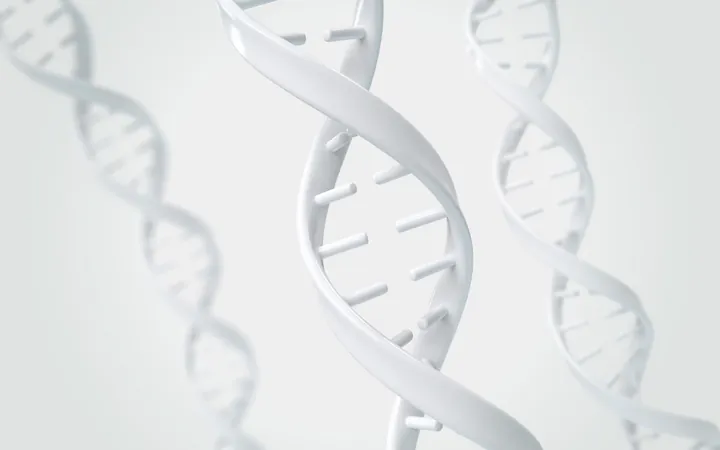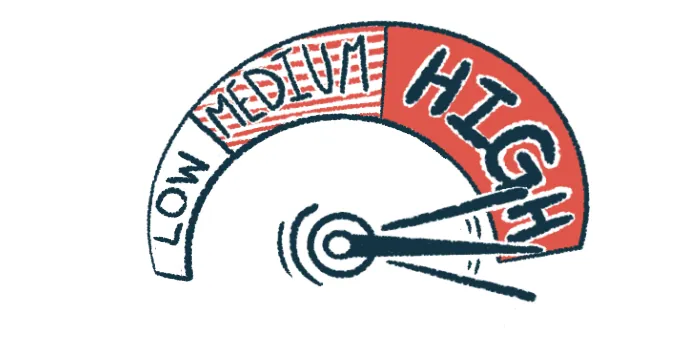
AI Tool Breakthrough: Detecting Cancer Gene Signatures from Biopsy Images Could Revolutionize Treatment!
2024-11-18
Author: Wei
The Challenge: Understanding Cancer's Genetic Landscape
Typically, pathologists assess cancer by examining fine slices of a biopsy under a microscope. However, to decode the genetic changes driving a tumor's growth—information crucial for tailored treatment plans—physicians often resort to genetic sequencing of RNA from the tumor. This process is not only time-consuming, frequently taking weeks, but also costs thousands of dollars, creating a significant barrier in timely patient care.
As cancer treatments evolve, there's been a shift towards using genomic information to guide therapy selection. Identifying which genes are 'on' or 'off' in a tumor can reveal crucial insights into how aggressive a cancer might be and its likelihood of spreading or responding to various treatments. Generally, oncologists focus on gene signatures, groups of hundreds of genes that correlate with specific cancer characteristics, rather than assessing genes in isolation.
Revolutionary Approach with the SEQUOIA Tool
In light of these challenges, researchers have developed the SEQUOIA AI tool, which leverages extensive data sets from over 7,500 tumor samples representing 16 types of cancer. By integrating biopsy images with additional data—including transcriptomic information—the AI demonstrates remarkable predictive capabilities, successfully estimating the expression of more than 15,000 genes. Astonishingly, it showed over 80% correlation with actual gene activity data for certain cancer types.
Dr. Gevaert explained the iterative process involved in fine-tuning the model to achieve impressive performance levels for clinical applications. Furthermore, SEQUOIA excels in identifying larger genomic programs, with a user-friendly visual representation that allows clinicians to easily interpret genetic variations within tumor biopsies.
Implications for Breast Cancer Treatment
The researchers specifically assessed breast cancer due to its well-established gene signatures linked to treatment responses. They found that SEQUOIA could replicate risk scoring achieved by the FDA-approved MammaPrint test, which evaluates 70 genes related to breast cancer prognosis. The results showed an alarming trend: patients flagged as high risk by SEQUOIA experienced poorer outcomes, underscoring the tool's potential in clinical settings.
This AI technology promises to expedite clinical decision-making, streamlining cancer treatment processes and saving healthcare expenses. Despite its potential, SEQUOIA requires further validation through clinical trials and FDA approval before it can be implemented in practice. Yet, its creators are actively improving the algorithm and exploring its applicability across various cancer types.
The Future of Cancer Diagnostics is Here!
Dr. Gevaert emphasized the vast possibilities, stating, 'This kind of software could be used not just for breast cancer but for any type of cancer, offering insights into numerous gene signatures we previously couldn't measure.' SEQUOIA not only represents a significant technological advance but also illustrates how AI can harness untapped data to enhance patient care, possibly diminishing reliance on costly genetic tests in the future.
As the medical community gears up for further studies, the hope remains that AI-driven tools like SEQUOIA could soon be integral in cancer treatments, offering a faster, more cost-effective path to personalized medicine. Stay tuned as we cover the latest advancements that could save lives and transform healthcare!



 Brasil (PT)
Brasil (PT)
 Canada (EN)
Canada (EN)
 Chile (ES)
Chile (ES)
 España (ES)
España (ES)
 France (FR)
France (FR)
 Hong Kong (EN)
Hong Kong (EN)
 Italia (IT)
Italia (IT)
 日本 (JA)
日本 (JA)
 Magyarország (HU)
Magyarország (HU)
 Norge (NO)
Norge (NO)
 Polska (PL)
Polska (PL)
 Schweiz (DE)
Schweiz (DE)
 Singapore (EN)
Singapore (EN)
 Sverige (SV)
Sverige (SV)
 Suomi (FI)
Suomi (FI)
 Türkiye (TR)
Türkiye (TR)